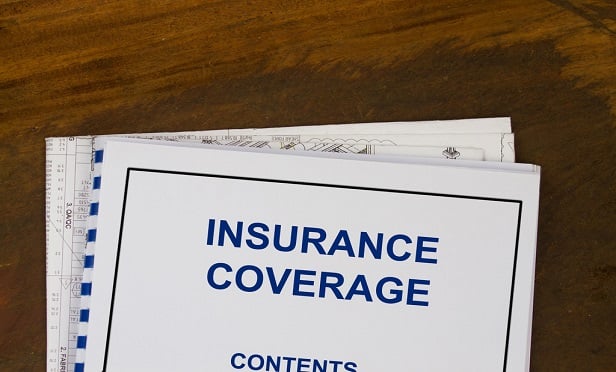 Business interruption policies insurance against lost earnings that arise from the suspension of business operations because of an insured hazard. (Photo: RAGMA IMAGES/Shutterstock)
Business interruption policies insurance against lost earnings that arise from the suspension of business operations because of an insured hazard. (Photo: RAGMA IMAGES/Shutterstock)
Another record-breaking hurricane season is upon us. The frequency of named storms making landfall has already surpassed prior years. At the same time, the COVID-19 pandemic continues to have a significant economic impact on businesses and communities across the country, and it seems more apparent that this impact is likely to linger through, and possibly beyond, this hurricane season.
Recommended For You
Want to continue reading?
Become a Free PropertyCasualty360 Digital Reader
Your access to unlimited PropertyCasualty360 content isn’t changing.
Once you are an ALM digital member, you’ll receive:
- Breaking insurance news and analysis, on-site and via our newsletters and custom alerts
- Weekly Insurance Speak podcast featuring exclusive interviews with industry leaders
- Educational webcasts, white papers, and ebooks from industry thought leaders
- Critical converage of the employee benefits and financial advisory markets on our other ALM sites, BenefitsPRO and ThinkAdvisor
Already have an account? Sign In Now
© 2025 ALM Global, LLC, All Rights Reserved. Request academic re-use from www.copyright.com. All other uses, submit a request to [email protected]. For more information visit Asset & Logo Licensing.








